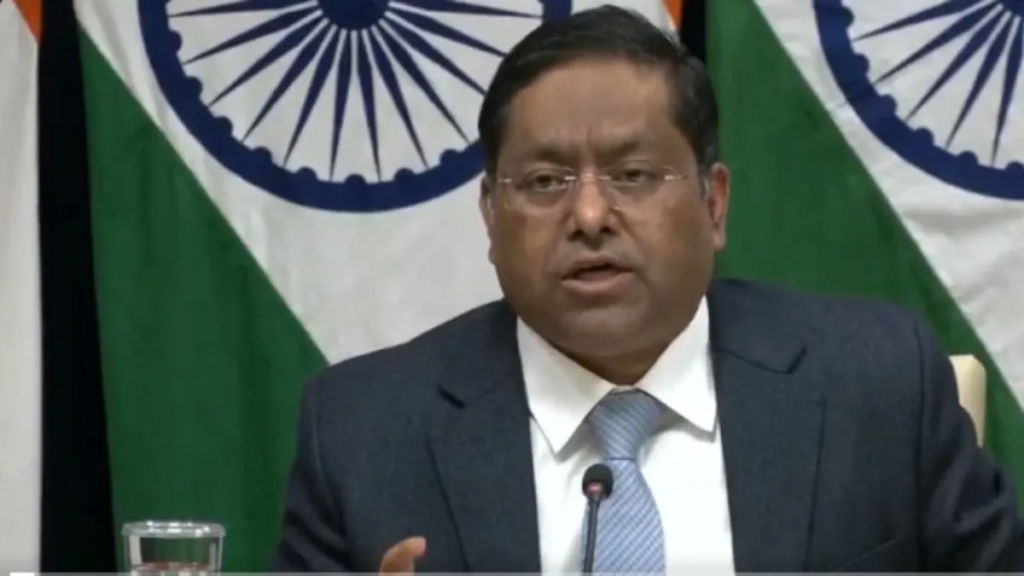
New Delhi, December 20 – India has strongly protested a controversial Facebook post by Mahfuz Alam, an adviser to Bangladesh’s interim government led by Muhammad Yunus. The post, now deleted, stirred tensions by suggesting that India recognize the uprising that led to the resignation of former Prime Minister Sheikh Hasina and by making provocative claims regarding India’s territorial integrity.
In the inflammatory post published on Victory Day (December 16), which marks Bangladesh’s independence from Pakistan in 1971, Mahfuz Alam published a map showing parts of India—West Bengal, Tripura, and Assam—as part of Bangladesh. He also issued inflammatory statements, claiming an “anti-Bengal attitude” among upper-caste Hindus and accusing India of adopting colonial practices. Mahfuz Alam’s remarks tried to parallel the history between 1975, when Sheikh Mujibur Rahman and his family were assassinated, and 2024, which marked Sheikh Hasina’s ouster. He provocatively claimed that “a new geography and system” were needed for true freedom.
The post elicited a widespread reaction across India and Bangladesh, prompting it to be deleted within hours. Nevertheless, the damage had already been done since Mahfuz Alam’s remarks had sparked regional tensions, especially in Northeast and Northern India.
Response by India
India’s Ministry of External Affairs (MEA) reacted quickly, issuing a strong protest to the Bangladesh government. MEA spokesperson Randhir Jaiswal, while addressing the media, said, “We have lodged our protest strongly on the issue with the Bangladesh side”. We are aware that the post in question has reportedly been withdrawn. He was adamant that public articulation had to be responsible, commenting: “While India has repeated its signals of interest in developing relations with the people and the interim government of Bangladesh, such statements bring home the need for responsibility in public discourse.”
#WATCH | Delhi: On the (now deleted) post of Bangladeshi leader Mahfuz Alam, MEA Spokesperson Randhir Jaiswal says, "We have registered our strong protest on this issue with the Bangladesh side. We understand that the post being referred to has reportedly been taken down. We… pic.twitter.com/o5w2QprZq4
— ANI (@ANI) December 20, 2024
Regional Implications
India, particularly Bangladesh, have been finding itself amidst a precarious political space right now. That is Sheikh Hasina’s resignation and how, from thereon, they started with the formation of an interim government led by the Nobel Laureate, Dr. Muhammad Yunus. Already analysts warn that such highly inflammable comments may really stretch the bilateral ties while recent years were marked closer by economic as well security cooperation.
Mahfuz Alam is a former special assistant to Yunus. He has influence in the interim government. The comments by him, where he talked about shared cultural histories between Bangladesh and India’s Northeast, were considered as an effort to exploit regional sensitivities and stir up divisions.
India’s strong reaction underscores its commitment to safeguarding territorial integrity and maintaining harmonious relations with its neighbors. Observers note that the swift deletion of the post signals an understanding within Bangladesh’s interim leadership of the need to avoid unnecessary provocations. However, the incident serves as a reminder of the challenges in managing public narratives during transitional political phases.
In the coming days, the two nations are likely to engage in high-level diplomatic talks to discuss the situation and further reaffirm their commitment to keeping peaceful and cooperative ties.
